Photographing birds at the beach seems easier than it actually is. Contrary to what a lot of first time bird photographers think, a number of things go into making a bird photography session successful. Steve Perry shares some interesting tips and anecdotes from his experiences to help you shoot better bird photos at the beach:
1. Get low
Get low, get low, and get low. There is no better way to emphasize this point.
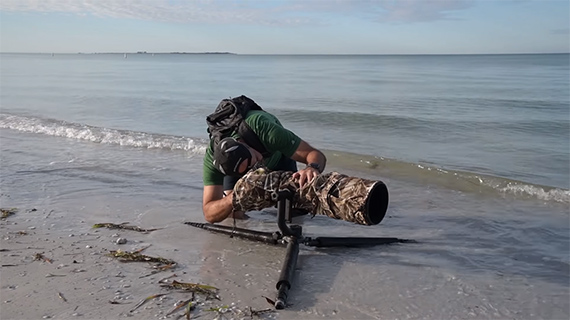
Perspective is the key to better bird photography at the beach, and the best perspective to shoot from is often down to the eye level of the subject.
2. Get wet
Scared of getting wet? Then bird photography at the beach is definitely not your cup of tea. For those who don’t mind getting their feet wet, Steve Perry suggests actually geting into the water to try to compose a better shot.
3. Keep your gear dry
Of course, getting low and getting into the water doesn’t mean you shouldn’t keep an eye out for the odd rogue wave.
As Perry mentions, salt water and camera gear don’t mix. Salt water can easily render your equipment un-repairable. Make sure to keep your photography gear dry. A raincoat is a good idea to keep your lens and camera dry in the likely event that a wave gets too close for comfort.
4. Shoot at the right time of the day
The beach is one place where you can surprisingly shoot for an extended period of time. This is because there are no true patches which are completely in shadow. But that should not be an excuse to shoot at odd times of the day. Remember, the best light is always at dawn and dusk.
5. Use Waves as compositional aids
Waves are useful because you can use them as compositional guides. A wave crashing around a bird adds a bit of drama to the image.
You can also use them as leading lines.
6. Watch your backgrounds
If you’re not careful, it’s easy to capture busy and distracting backgrounds. You could end up capturing buildings as well as people on the beach.
Another thing to watch out for is the horizon level. Perry shares an interesting way to activate the artificial horizon level indicator (available on some Nikon cameras) in the video.
7. Always be ready for action
Bird photography is more like shooting a sporting event and less like a portrait photography session.
It’s imperative that you be ready at all times to capture the moment. A slow shutter speed and a low ISO number will definitely not do most of the time. You need a higher shutter speed and an appropriate ISO when the depth of field is pre-determined. You may also want to explore the Auto ISO feature of your camera for this.
8. Use the right AF mode
Choose continuous auto-focusing with single-point auto-focusing mode or the d-9 (dynamic 9) mode where 9 AF points are activated to track and keep the eye in focus. Group AF is recommended when you expect some action.
9. Watch the food
Shore birds are often looking for food. When food is found there is usually a squabble, and that gives you a great opportunity to get some decent shots. It’s not always easy to predict when this will happen. Nor is it easy to capture a shot such as this. But if you’re patient you will get one sooner or later.
10. Be prepared
There are many other things that you will need in order to remain prepared on your beach photography sojourn: a bottle of water, bug spray, extra lenses, and a good bag to keep things all organized and at hand whenever you need them.
Caveat: Perry shares several precautions that you should keep in mind when shooting at the beach. These are vital for safeguarding your equipment, as well as yourself.
Like This Article?
Don't Miss The Next One!
Join over 100,000 photographers of all experience levels who receive our free photography tips and articles to stay current:
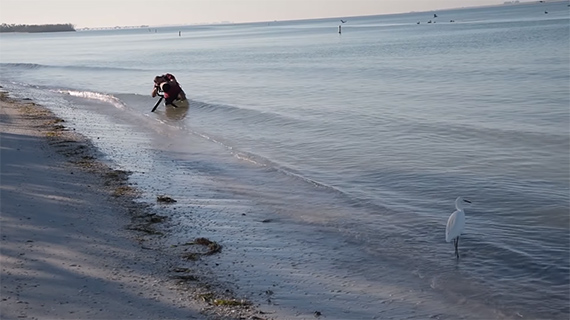
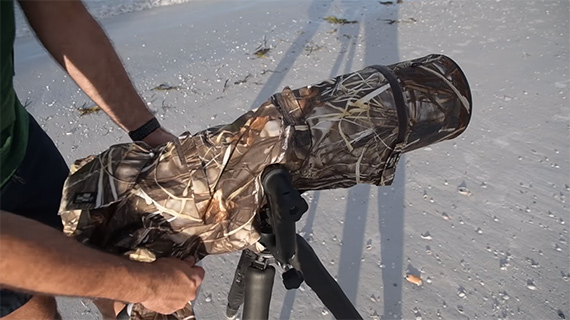
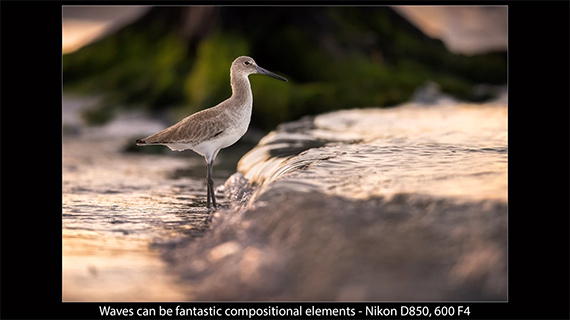
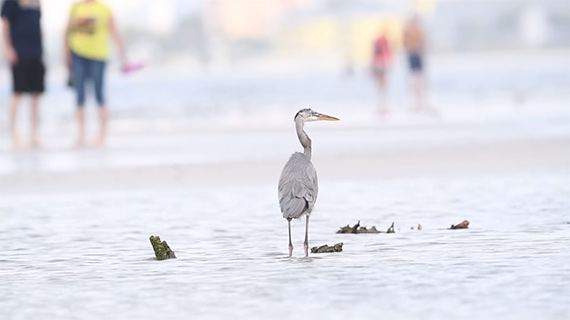
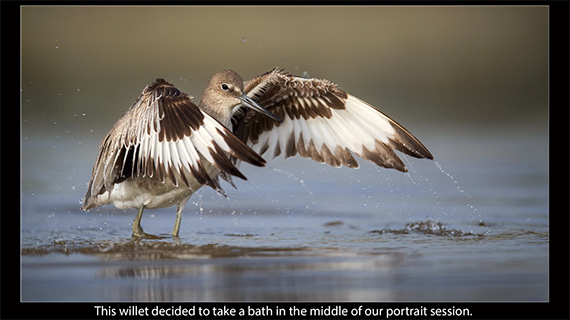
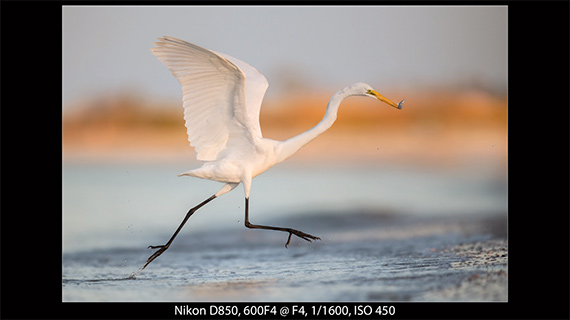


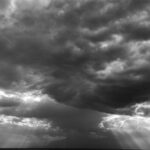


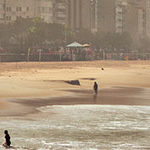
Leave a Reply